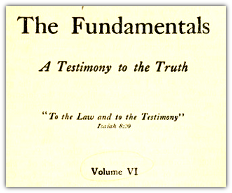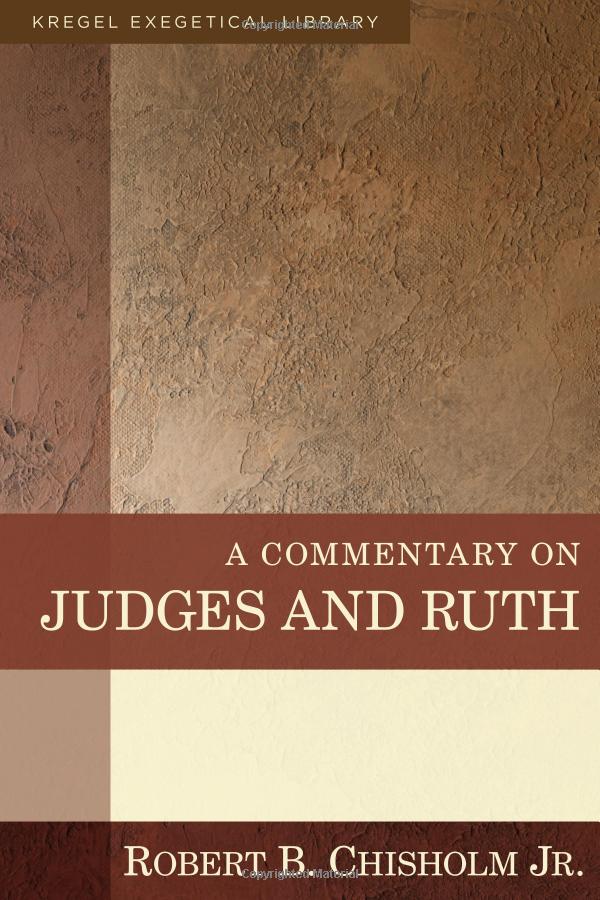The Book of Revelation is Not Apocalyptic Literature
It may seem odd to suggest that the book entitled Apocalupsis in Greek does not belong to the genre of literature commonly referred to as apocalyptic; nonetheless that is my suggestion here. The term employed in the title of the book denotes a revelation or disclosure.1 While this particular revealing or disclosing describes a broad swathe of eschatological events, it is not its own literary genre.
Apocalyptic as a genre is described as “characteristically pseudonymous; it takes narrative form, employs esoteric language, expresses a pessimistic view of the present, and treats the final events as imminent.”2 Henry Barclay Swete (Cambridge), even while arguing that Revelation is apocalyptic literature, admits that the book differs from that genre in that the book of Revelation (1) is not pseudepigraphic, (2) it engages a specific audience (seven churches), (3) has a significant church focus, rather than a purely Israel nation-centered focus, and (4) includes notes of insight and foresight that are more indicative of inspiration than is found in earlier extra-biblical apocalyptic literature.3
Discussion
The Atonement
CHAPTER IV: THE ATONEMENT*
BY PROFESSOR FRANKLIN JOHNSON, D. D., LL. D., AUTHOR OF “OLD-TESTAMENT QUOTATIONS IN THE NEW TESTAMENT” ETC., CHICAGO, ILL.
Discussion
Book Review - A Loving Life: In a World of Broken Relationships
[amazon 143353732X thumbnail]
Like he did with A Praying Life, Paul Miller once again has given us a book that doesn’t fit the mold. This is not just any old book on Christian love. This book turns love inside out and gives hope and help to readers at all stages of their Christian life. A Loving Life: In a World of Broken Relationships describes the perils and pitfalls, as well as the promise and pleasure of love.
Discussion
N.T. Wright on the Bible and why he won’t call himself an inerrantist
Body
“I don’t call myself an ‘inerrantist’ (a) because that word means what it means within a modernist rationalism, which I reject and (b) because it seems to me to have failed in delivering a full-blooded reading and living of what the Bible actually says.” RNS
Discussion
Not Separating What God Has Joined Together - Aphorisms for Thinking about Separation
Please, consider reading all of the preceding articles before delving into this one. While I’ve tried to make them each stand alone, they are linked together.
Aphorism 4: None of the commands of Scripture contradict the other commands when rightly understood, and to be correctly applied and interpreted all of the commands of Scripture must work together.
Eight hundred feet below the surface of the water, in a cramped nuclear submarine armed with ballistic missiles, my friend and newly minted lieutenant felt like he was faced with an impossible decision. On Sunday morning would he meet and worship with the dozen or so sailors on the boat that professed Christ but belonged to compromised groups (American Baptist, United Methodist, etc.) or quietly pray by himself in his bunk? Would he “be separate” (ESV, 2 Cor. 6:17) or neglect “to meet together” (Heb. 10:25)? Would he “[b]ear one another’s burdens” (Gal. 6:2) or would he “[p]urge the evil person” (1 Cor. 5:13)?
Discussion
"Tim Keller says Christianity needs to make emotional sense before it can make rational sense."
Body
“Encounters with Jesus: Unexpected Answers to Life’s Biggest Questions [is] based on previous talks given to students and businessmen” CT

 (
(

Discussion